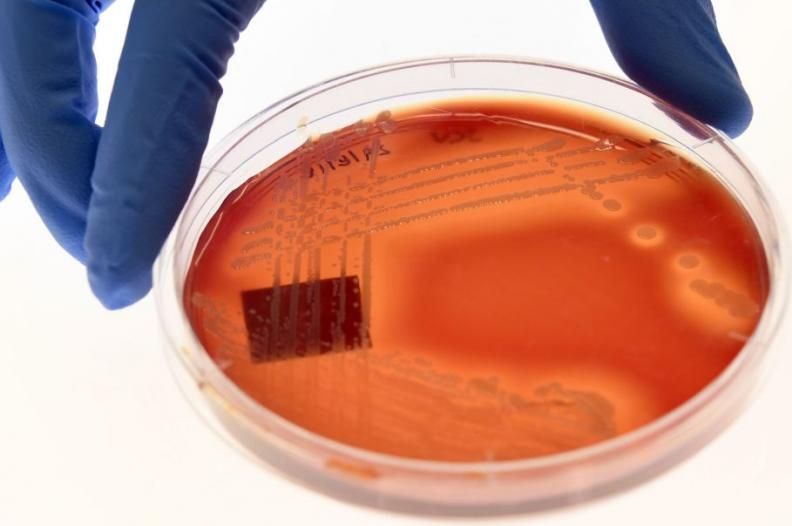Researchers at MIT reported Thursday that they have harnessed artificial intelligence to identify a completely new antibiotic compound that killed all but one of the antibacterial-resistant pathogens they tested it on. Drug-resistant bacteria are a large and growing problem, causing 2.8 million infections and 35,000 deaths in the U.S. each year and more in developing countries, STAT News reports. The computer learning model developed at MIT, described in the journal Cell, has the potential to identify many new types of antibiotics.
The researchers named the compound halicin, after HAL, the initially useful, eventually murderous sentient computer in 2001: A Space Odyssey. They also discovered eight more promising antibacterial compounds, two of which appear very powerful. They tried out halicin on mice and plan to work with a nonprofit or drugmaker to see if it’s effective and safe in humans.
The MIT team’s machine-learning model independently looked for certain properties — in this case, the ability to kill E. coli and not harm humans — among about 2,500 molecules in a drug repurposing database. Halicin was originally considered as a treatment for diabetes.
